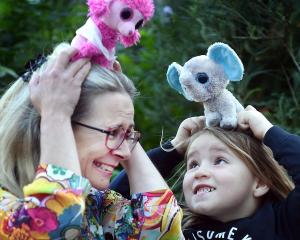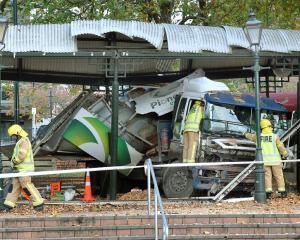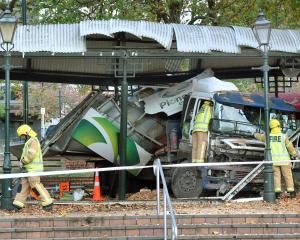Mercy was a voluntary "early adopter" of a drive to pull private healthcare providers in to annual reporting with public hospitals.
He would not say how many reports the hospital had made since it started about seven months ago.
This week, in its executive summary to the 2011-12 "serious and sentinel" events report, the HQSC said future years would include a section on private healthcare.
He did not expect private providers to be named in next year's report, but acknowledged that if no other facilities volunteered to join Mercy, it might be obvious where reports were from, Mr Whitney said yesterday.
He warned to expect resistance from other private healthcare providers, and said some would only provide reports if they became compulsory.
Many feared how the information would be used, and whether it could turn into a media "witch-hunt".
Mercy asked to join the system because of its "conviction" that a culture of "open disclosure" should be encouraged.
"If [the HQSC] use us as a reason why they go hard on the others, then I think that would be unfortunate."
The HQSC had been "pleasantly surprised" by Mercy's request to start reporting.
He suggested other private providers would be watching the development with interest. Any "negative consequence" perceived by the sector would be proof for some providers that reporting was not worth the risk.
Private hospitals were likely to have fewer adverse incidents than public hospitals as their surgical work was elective, rather than urgent, he said.
The commission wants to capture aged care, home help, ambulance care, and hospices in future reports.
New Zealand Aged Care Association chief executive Martin Taylor said he supported the initiative in principle, but the sector would need support and plenty of time for its implementation.
Staff would need significant additional training to ensure they corrected coded events.
It required standardising the public and private sectors, which "sounds easy but it's not".
The sector was already under considerable pressure in the next couple of years with the rollout of InterRai, an electronic needs assessment tool.
Otago Southland Aged Care Association board member Malcolm Hendry said the reporting system would reveal how few adverse events occurred in the aged care sector. An orderly system for reporting adverse events would provide much-needed context, as at present one-off cases of neglect gave a skewed picture.












